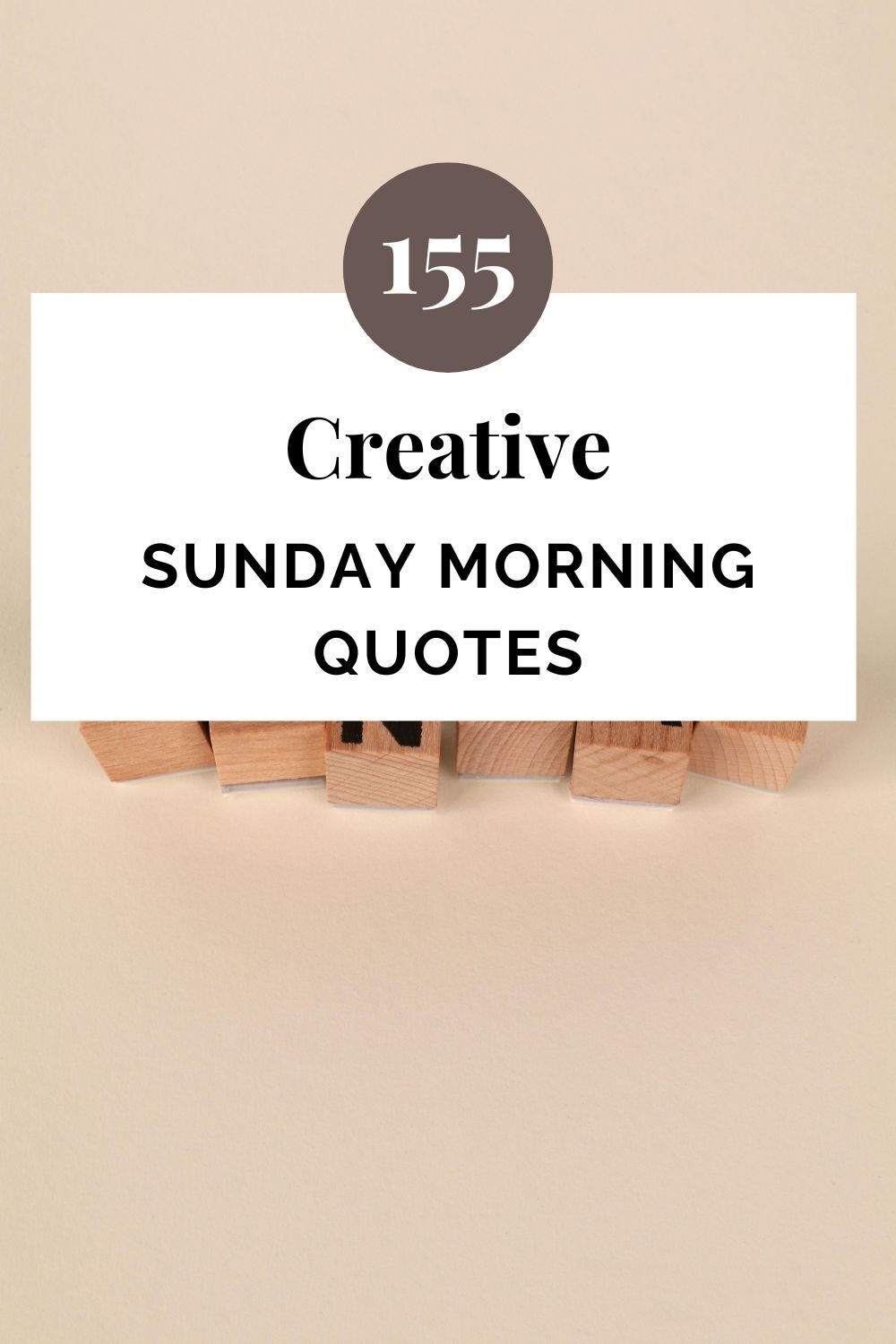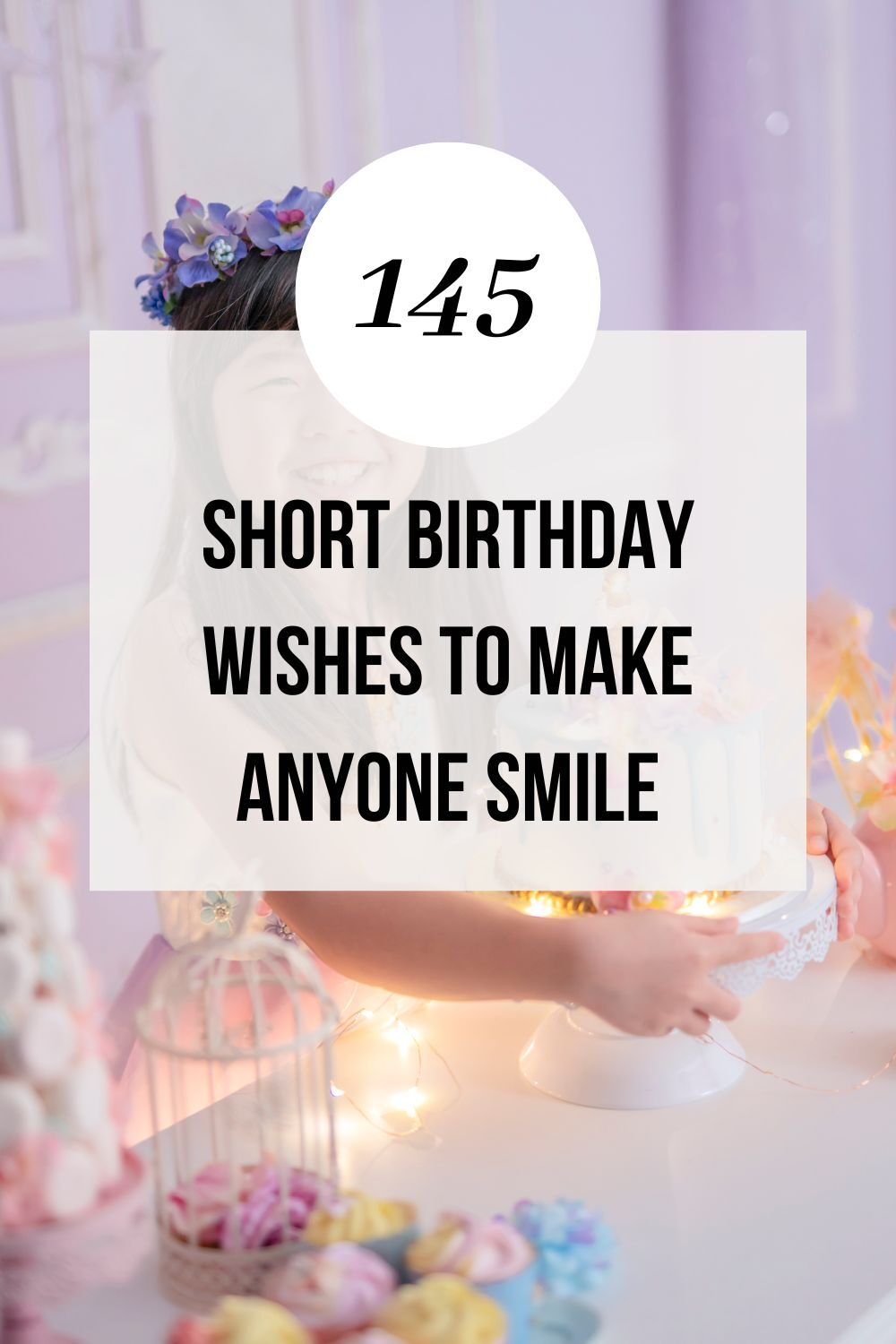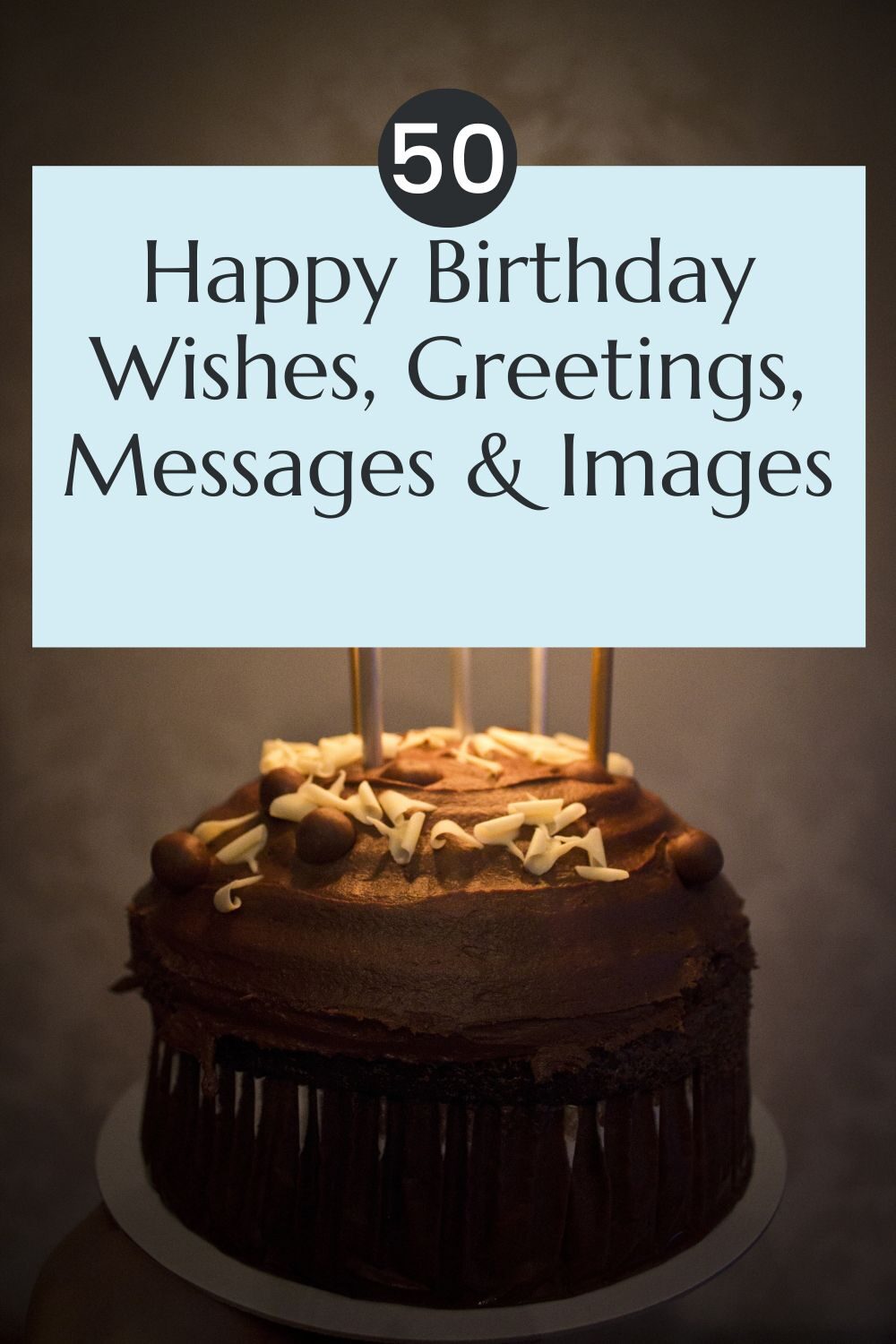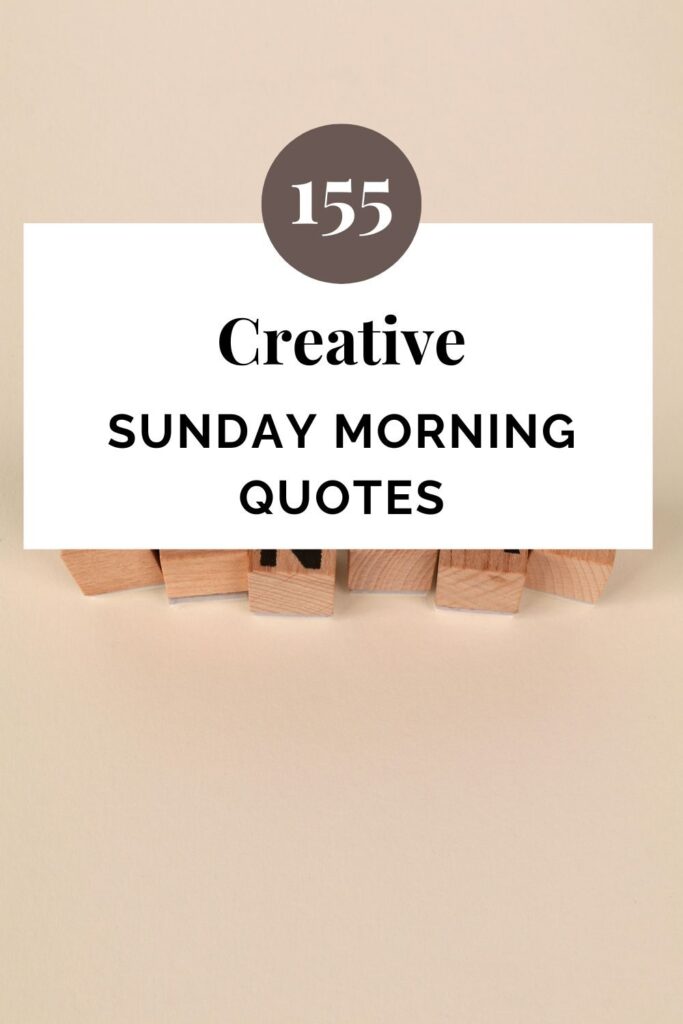You’ve been through a lot. Maybe you’ve faced heartbreaks, betrayal, trauma, or years of emotional neglect. And even though you’ve kept moving forward, something inside still feels unsettled. If you’ve ever wondered why certain patterns repeat in your relationships, or why it’s hard to trust, let your guard down, or simply feel “okay”—you’re not alone.
Emotional damage doesn’t always look dramatic on the outside. It often hides behind high-functioning routines, perfectionism, humor, or isolation. It’s in the way you second-guess yourself, avoid vulnerability, or push people away before they get too close. These emotional wounds can shape how you view yourself and interact with the world.
This article is here to help you reflect. It’s not about labeling yourself or pointing fingers. It’s about gently peeling back the layers and asking, “Could my past still be affecting my present?”
We’ll walk through 9 key signs that may indicate you’re carrying emotional scars as a woman. Each sign is explained in simple, relatable ways—so you can better understand your own patterns and begin to heal.
Whether you’re in the process of healing, just starting to explore these feelings, or trying to make sense of your behavior, these insights can serve as a compassionate mirror. By understanding the signs, you can start to break the cycle—and create space for healthier, more fulfilling experiences in your life.
1. You Struggle to Trust Others
You question everyone’s motives—even when they mean well.
If trusting others feels more like a risk than a natural response, you may be dealing with emotional damage. You might find yourself analyzing every word someone says, waiting for the other shoe to drop, or assuming people have hidden agendas.
This isn’t about being paranoid. It’s a form of self-protection. When you’ve been hurt—especially by someone you once trusted—your brain tries to prevent it from happening again. So you stay guarded, reading between the lines, assuming the worst to protect your heart.
You might have trouble accepting compliments or kindness. Instead of believing someone is genuine, you may convince yourself they’re just being polite—or that they want something from you.
In relationships, this lack of trust can become a major hurdle. You may sabotage connections before they deepen, push people away, or refuse to let others support you emotionally.
Trust is essential for intimacy, friendship, and growth. If you constantly question others, it’s a sign that part of you still believes people can’t be trusted—because someone proved that to you in the past.
The good news? Trust can be rebuilt. It starts with small steps and safe spaces. Recognizing the pattern is the first step toward choosing relationships that prove otherwise.
2. You Minimize Your Own Needs
You put everyone else first—even when it hurts.
If you’re always the giver and rarely the receiver, there may be emotional damage hiding beneath your generosity. Many emotionally hurt women learn to downplay their own needs to avoid conflict, rejection, or abandonment.
Maybe you grew up in an environment where expressing your feelings wasn’t welcomed. Or perhaps past relationships taught you that asking for what you need would lead to disappointment or backlash. Over time, you learned to stay quiet.
You might constantly apologize, even when you’ve done nothing wrong. You might feel uncomfortable when others show concern for you. Or you may suppress your needs until you reach a breaking point—only to feel guilty for speaking up.
This pattern often leads to burnout, resentment, or even low self-worth. You begin to believe your needs are a burden, or that you’re only valuable when you’re helping others.
But your needs matter. Saying no, setting boundaries, asking for help—these aren’t selfish acts. They’re signs of self-respect. Healing means learning to value your well-being just as much as anyone else’s.
3. You Fear Vulnerability
You hide your true emotions, even from people who care.
Being emotionally open might feel dangerous to you. Letting someone see the real you—your fears, struggles, or imperfections—feels like giving away power.
You might keep things light, use humor to deflect, or only share surface-level thoughts. When someone asks how you’re doing, you quickly say “I’m fine,” even when you’re not.
This fear of vulnerability often stems from past experiences where opening up led to pain. Maybe someone used your honesty against you. Maybe your feelings were dismissed or ridiculed. So now, you armor up.
But vulnerability is where connection happens. Without it, relationships feel distant and unfulfilling.
If you find it nearly impossible to let your guard down, it’s worth exploring why. Being emotionally damaged doesn’t mean you’re broken—it just means you’re still protecting old wounds. Healing means creating space where your true self feels safe to be seen and accepted.
4. You Overthink Everything
You replay conversations, doubt decisions, and fear making mistakes.
Your mind rarely rests. You overanalyze texts, worry about how you came across, and second-guess your choices constantly.
Overthinking is often a defense mechanism—your brain trying to control outcomes and prevent disappointment. You may feel like if you think hard enough, you can prevent hurt.
But this pattern is exhausting. It keeps you stuck in a loop of fear and self-doubt. You may have difficulty trusting your instincts or taking risks, always haunted by “what ifs.”
Emotionally damaged women often carry this weight silently, appearing high-functioning to others but battling constant mental noise inside.
The truth is, you deserve peace. Healing involves learning to quiet your inner critic and trust that you don’t have to have everything figured out to be okay.
5. You’re Attracted to Emotionally Unavailable People
You chase love that feels familiar—even if it hurts.
If you often fall for people who can’t or won’t fully love you back, it’s not coincidence—it’s a pattern.
Emotionally unavailable partners might be distant, inconsistent, or afraid of commitment. Yet, you feel drawn to them. You work hard to win their affection, believing that if you can just “fix” them or prove your worth, things will work out.
This is often rooted in unresolved emotional wounds. If your early experiences with love were confusing, inconsistent, or painful, you may now associate love with struggle.
It’s not that you’re broken. It’s that you’re trying to recreate a familiar emotional script, hoping for a different ending.
Healing means breaking this cycle by recognizing your worth and seeking relationships that meet your emotional needs—without requiring you to chase, fix, or prove yourself.
6. You Feel Numb or Emotionally Detached
You go through life on autopilot, feeling disconnected from your emotions.
Instead of crying, you shut down. Instead of celebrating, you feel flat. Joy, sadness, excitement—it’s all dulled.
This emotional numbness is a common response to trauma or prolonged stress. It’s your body’s way of protecting you when feelings become overwhelming or unsafe.
You might notice that you’re rarely present. You drift through conversations, avoid deep reflection, or distract yourself constantly.
It’s not laziness or indifference—it’s survival. But long-term, this detachment can lead to isolation and low-quality relationships.
Healing starts by gently reconnecting with your emotions. Journaling, therapy, or simply pausing to ask yourself, “How do I really feel right now?” can help thaw the emotional freeze.
7. You Struggle with Self-Worth
You constantly compare yourself and feel like you’re not enough.
Even when you achieve things, there’s a lingering voice that says, “You could have done better.” You may struggle with imposter syndrome or feel like others are more deserving of love and success.
This deep-rooted insecurity often comes from internalized criticism—whether from childhood, toxic relationships, or your own inner critic.
You might dismiss compliments, fear failure, or push yourself too hard trying to prove your value.
Emotional damage can distort how you see yourself. But healing means learning to separate your worth from your achievements or appearance. It means believing that you are enough—simply because you exist.
8. You Have Trouble Setting Boundaries
Saying no feels like a betrayal—even when it’s necessary.
You want to please everyone. You say yes when you mean no. You take on more than you can handle, afraid of disappointing others.
Women who are emotionally damaged often struggle with boundaries because they fear rejection, conflict, or being seen as difficult.
But boundaries aren’t selfish—they’re essential. They teach people how to treat you and protect your time, energy, and peace.
If you constantly feel drained, resentful, or taken advantage of, it’s time to reflect on your boundaries. Healing involves learning to say no without guilt—and yes to what truly aligns with your needs.
9. You Feel Unworthy of Love
You believe real love is for others—not for you.
This belief might not be loud, but it’s there—in the way you settle for less, stay in unhealthy relationships, or avoid love altogether.
You may think you’re too damaged, too difficult, or too much to be truly loved.
This core belief often stems from abandonment, emotional neglect, or criticism. Over time, it becomes a lens through which you see yourself.
But you are worthy of love. Deeply, wholly, unconditionally. Healing means challenging these false beliefs and creating new experiences that show you love is not just possible—but something you deserve.
Conclusion
Emotional damage doesn’t mean you’re weak—it means you’ve survived. The fact that you’re here, reflecting and seeking to understand yourself, is powerful.
You’re allowed to acknowledge your pain without letting it define you. Healing takes time, compassion, and sometimes help from others. But it’s always possible.
Each sign you’ve just read is an invitation to go deeper, to choose healing over hiding, to embrace yourself fully. You are not broken—you are becoming whole.
The road to emotional freedom begins with awareness. From there, every small act of self-care, every boundary you set, and every truth you honor takes you one step closer to the woman you were always meant to be.
FAQs
1. Can emotional damage be healed completely?
Yes, emotional healing is absolutely possible with the right tools, support, and consistent self-work. It’s a journey, not a quick fix—but growth and peace are within reach.
2. How do I know if I’m just sensitive or actually emotionally damaged?
Sensitivity is a natural trait. Emotional damage usually includes repeated patterns of self-sabotage, fear, or emotional shutdowns tied to past pain.
3. Should I see a therapist if I relate to these signs?
If you strongly relate to several signs and feel stuck, talking to a therapist can be incredibly helpful. They provide safe, nonjudgmental support for healing.
4. What’s the first step in healing emotional wounds?
Self-awareness. Acknowledging the pain and identifying the patterns it has caused is the foundation for change.
5. Can relationships trigger emotional damage?
Yes, especially unhealthy or toxic relationships. But healthy relationships can also be a part of your healing, helping you rebuild trust and self-worth.













